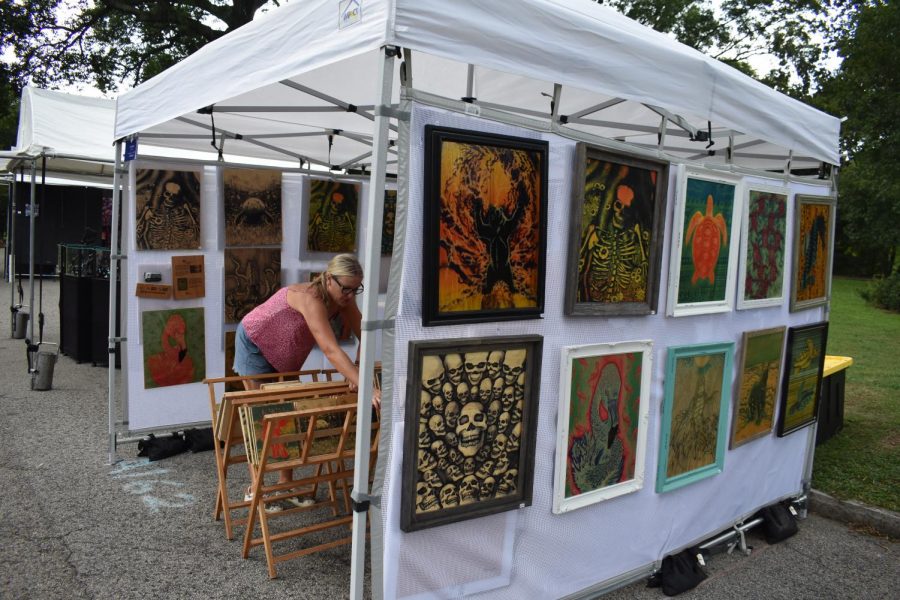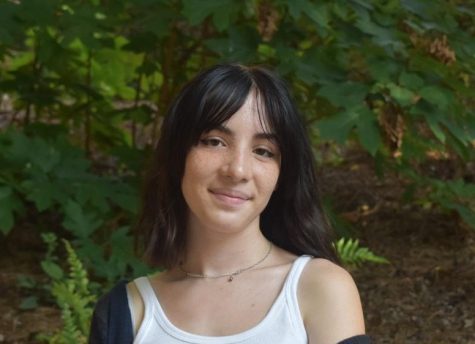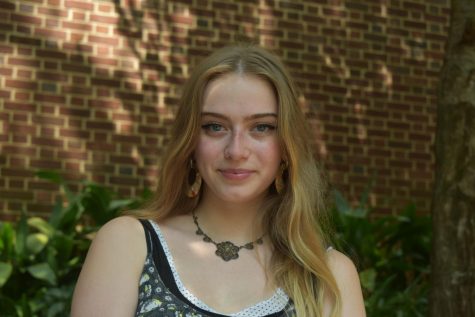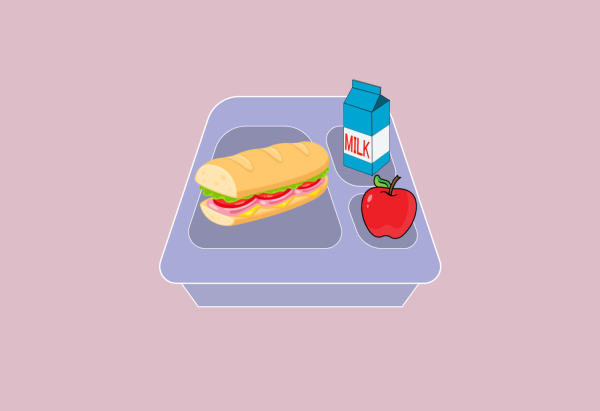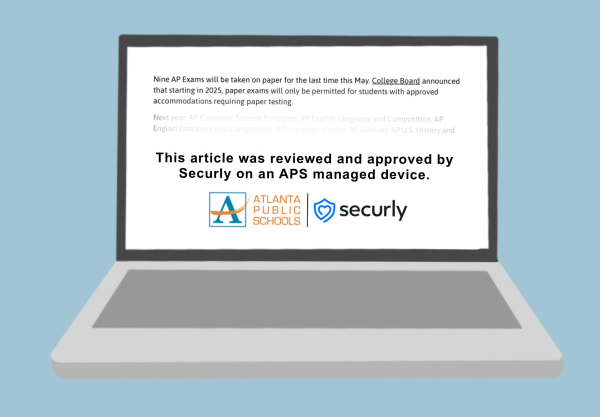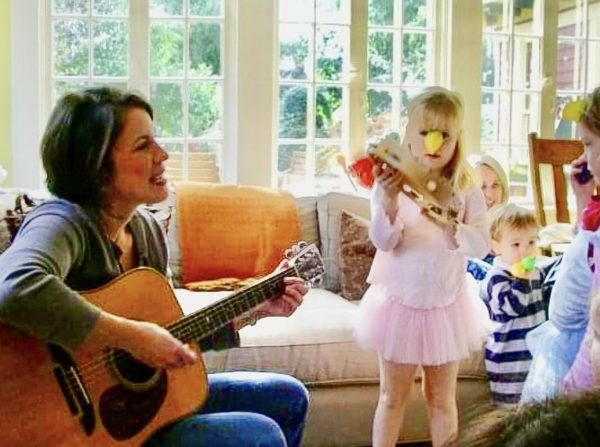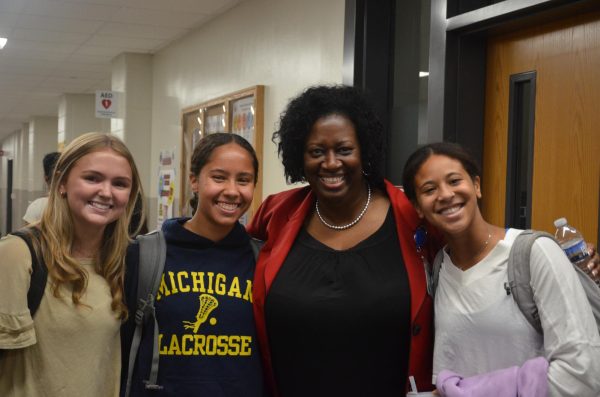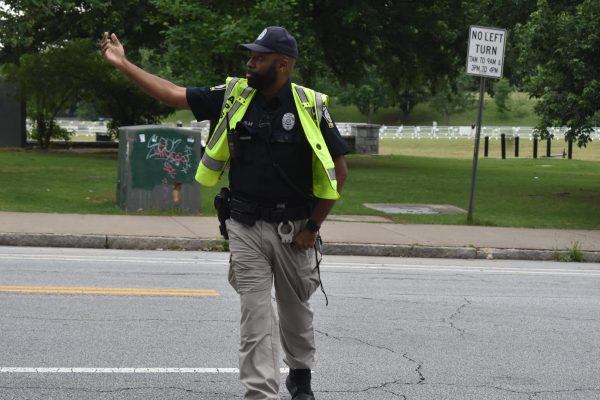Atlanta Dogwood Festival brings life back to the city
August 25, 2021
The Dogwood Festival, which was canceled in April 2020 due to the Covid-19 pandemic, returned to Piedmont Park last month.
The Dogwood Festival is one of many Atlanta festivals that reopened after the lockdown. Thousands of people flocked to the park to get a taste of the art, food, music and activities offered. The smell of funnel cakes, the sound of children screaming in the bouncy houses on the lawn, the faint world music in the background and the hot August heat added to the festival experience that so many missed out on last year.
Sophomore Sophia Dominey has been going to the festival for years and was excited to return.
“What makes the Dogwood Festival fun is the environment, music, food and friends,” Dominey said. “It’s nice to just sit in the grass and watch the dog show.”
This year, the festival’s planning had to be completed in three months. Normally, planning the festival takes over a year of securing sponsorships and over six months of logistical planning.
“We went from having one year to plan to three months,” said Brian Hill, the Dogwood Festival’s executive director. “We had to increase distancing for all artists and vendors. We canceled one of the stages because of the tight proximity. We had to provide increased sanitation and handwashing stations.”
According to Hill, the cost was also a problem. His team couldn’t maximize their income potential this year, partly because the cost of services increased 30 percent since 2019. Attendees could donate to the Dogwood either online or at the festival, but donations were low this year.
“It was surprising that such a low percentage of attendees were willing to make a donation to support the festival,” Hill said.
The pandemic complicated business for artists who sold their pieces at the Dogwood as well. During the lockdown, art shows and festivals such as the Dogwood were canceled, leaving artists without an important source of income and exposure.
Artisans and small businesses had to adapt their business models to survive. Painter Evelyn Edmeades, a longtime vendor at the Dogwood Festival, began doing private visits to her studio where people could reserve a time to safely view her work.
“I ended up selling quite a few pieces, and it turned out to be a new way to connect my work with the public,” Edmeades said. “I also used the lockdown to work on many new paintings, re-work my website and develop my social media platforms … things I had been meaning to do for a long time, and Covid created the time for me to do it.”
Potter Audrey McEver continued selling her work in a handful of shows, but she also found new ways to sell art.
“I had to shift to online sales, but a lot of my loyal customers continued to support me,” McEver said. “Sales weren’t bad. I actually didn’t sell significantly less last year in terms of the number of pieces, but I didn’t have that profit I got from traveling and doing shows. It wasn’t comfortable, but it was doable.”
This is a promising time for artists. As in-person art events ramp up, so do sales, according to McEver and Edmeades.
“The reopening process has been very exciting,” Edmeades said. “People have been cooped up, staring at the same walls in their homes for so long that they are ready to get out and buy something new to look at. I think people also recognize how important it is to support the local community and are happy to buy from the smaller businesses to help make sure we survive.”
The goal of the Dogwood Festival was to bring back that sense of community that didn’t exist last year, Hill said.
“My hope is that we get things back to normal, pre-Covid, and that festivals can continue to provide a forum for citizens to come and celebrate so many positive things about living in Atlanta,” Hill said.

